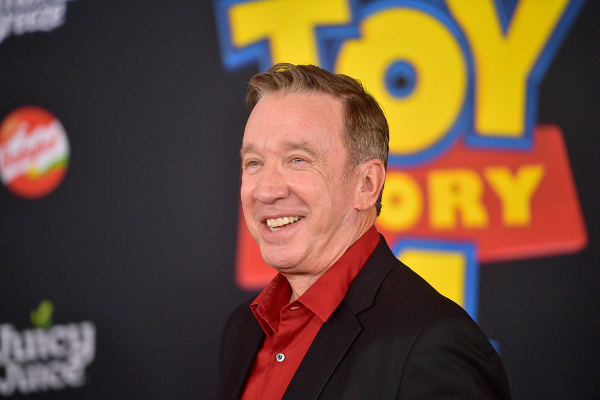Bigger Kingdom or bigger barns (book excerpt)
FromBigger Kingdom or Bigger Barns: Estate Planning from a Biblical Perspective

For many years on the radio I have discussed the importance of taking a Biblical approach to estate planning. For over thirty-five years, as I have helped people plan and grow their finances, I have come to understand how essential it is to provide a detailed road map for how and when our assets should be allocated both before and after the Lord decides to call us home. Even after we have carefully planned, we should be prepared to be constantly updating our wills and our estate plans. With constantly changing tax laws, we must be thinking long-term and thinking ahead.
A biblical perspective to estate planning is centered on God’s desire for us to plan carefully and selflessly. As a matter of fact, Proverbs 28:26 tells us that it is the foolish man who does not plan wisely. In order to plan wisely and prudently, I believe that we certainly need to be seeking out wise counsel and acting in the favor of God’s kingdom rather than for ourselves.
Some would ask, ‘what about all the scriptural references that consider the fact that we are not to worry?’ In Matthew 12:24, Jesus makes it clear that God provides for even the birds of the air. “And of how much more value are you than the birds?” There are many other scriptural references that talk against the idea of building bigger barns or silos in which to store up our wealth. Just as the Israelites were commanded not to store more than a day’s worth of manna, we are called to trust the Lord to provide for us daily.
I particularly like Luke’s Gospel chapter 12, verse 15 where Jesus turns to the crowd and says to them, “Take heed and beware of covetousness, for one’s life does not consist in the abundance of the things he possesses. The first words that He speaks in that verse are “Take heed and beware …”
Verses 17-20 speak of a man who had much wealth. The man said, “What shall I do, since I have no room to store my crops?” And he proclaimed, “I will do this: I will pull down my barns and build greater, and there I will store all my crops and my goods. And I will say to my soul, ‘Soul, you have many goods laid up for many years; take your ease; eat, drink, and be merry.’” But God said to him, “Fool! This night your soul will be required of you; then who’s will those things be which you have provided?” (NKJV)
We, too, have that option. We can continue to do our estate planning with the idea that one of the accomplishments of a well thought out estate plan is going to allow us to accumulate and save more of our riches, or our goods, or those things that God has provided for us. We have to make a number of decisions, certainly, as we plan our stewardship of our financial resources. One of those decisions is – are we going to contemplate and understand that wealth is determined in one’s heart.
To some, wealth could be a lot, and to others, little. Are we going to even consider the fact that most of what we are growing will be of little consequence in the Kingdom? Let's focus on growing more comfortable in providing for a bigger Kingdom, not a bigger barn. I believe the Lord is making it very clear that we can’t take our wealth with us, but we can see others come to the Kingdom by what we are doing with what the Lord has provided us. That would be laying up eternal wealth. We are not to hoard our resources so that we may have an easy life. But there is a balance. We are to continue to give of our first fruits, first and foremost, and that should never change, regardless of how little we are able to save for our retirement. We are to be continual givers to God and to Kingdom work.
When we think of planning for the future, there needs to be a wise and godly plan that we sought the Lord in first and foremost. Pray about plans and pray through plans, as we ask for discernment in developing that plan. I believe that we have the responsibility to plan not only for our estate and heirs, but also for the Kingdom of Jesus Christ.
One of my goals is to motivate God’s people to give to God’s work – to grow the Kingdom of Christ. All of our stewardship must be built on the foundation of our responsibility for the Gospel. The point is not to give to my kingdom or my ministry, but those ministries that are directly or indirectly proclaiming the Gospel and are working toward biblical literacy for all of us. I know that if I can help people make sound decisions about their finances, their planning and investing, they will grow a deeper comfort and a greater ability to give to those ministries that are growing the Kingdom.
Dan Celia is president and CEO of Financial Issues Stewardship Ministries, Inc., and host of the nationally syndicated radio and television program “Financial Issues,” heard daily on more than 660 stations across the country, reaching millions of households on several TV networks, including FISM-TV. Visit www.financialissues.org.





















